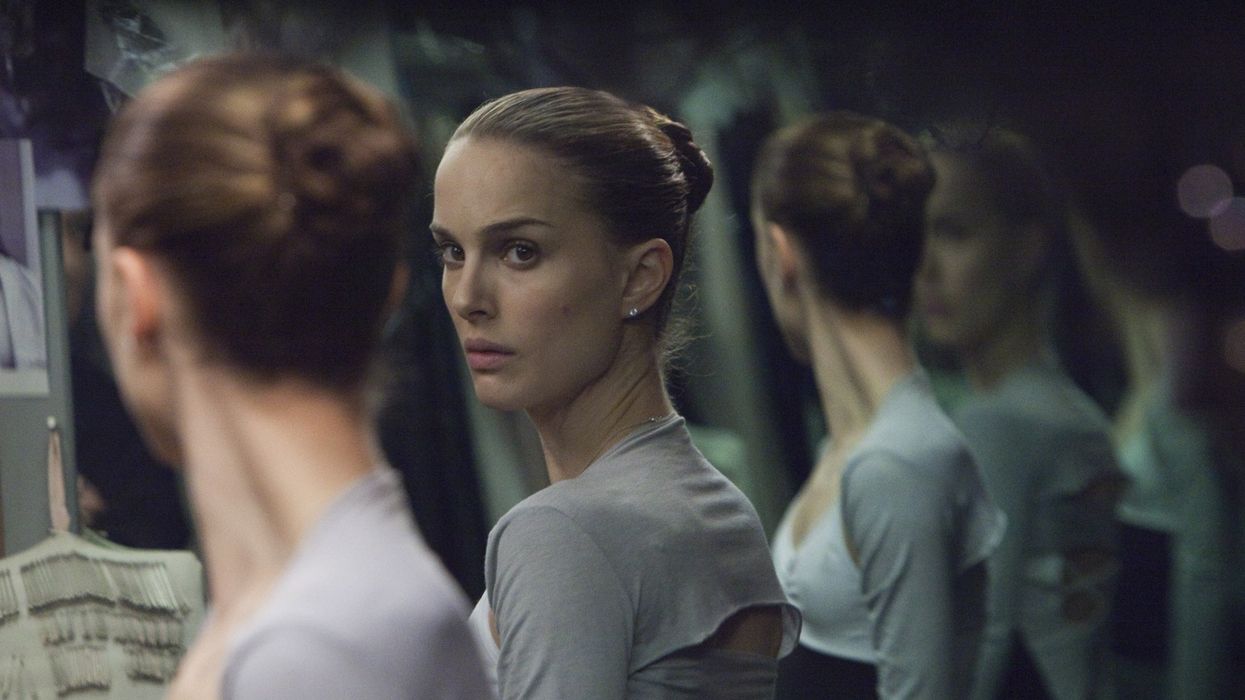What's It Like Being Darren Aronofsky's DP? Matthew Libatique Tells You
Matthew Libatique is director Darren Aronofsky's go-to cinematographer, making him one of the most creative and respected DPs working today.

Libatique earned an MFA in cinematography from the AFI Conservatory in Los Angeles and hooked up with fellow graduate Aronofsky on a short film called Protozoa. Since then, they've worked together on Pi, Requiem for a Dream, The Fountain, Black Swan (which earned him an Oscar nod), Noah, and Mother!. (He also served as DP on A Star Is Bornand received another Oscar nomination.)
CookeOpticsTV features Libatique in one of their recent videos. Watch it below.
What it's like working with Aronofsky
Libatique describes the director as "heavy-handed, emotionally," in that he wants the emotional beats to be clear to the audience. He says in the video that Aronofsky provides lots of specific ideas, motivations, and concepts, which Libatique then uses to create the camera movements.
He says he enjoys working with Aronofsky also because it is always a challenge that pushes Libatique to new places.
"But at the same time, it's very simple," Libatique says. "He believes in the subjective camera. So to get things emotionally, he just puts the camera right in front of the actor."
A lot of times this involves following a character through space.
How they light scenes
Because Aronofsky asks for such specific camera placement, Libatique must light the scenes based on what the director wants to see.
"I know what the parameters are," he says, "and I know the movement of it, and I know where the light has to be, so I just work off of his parameters. He gives me the four corners of the frame, and I light accordingly."
Libatique prefers to use light that would occur naturally in a scene, rather than fabricating a light source. And if Aronofsky wants a long shot tracking an actor through different spaces, and there's not a natural light?
"Then that's when you get to embrace the shadow," Libatique says.
Don't be afraid to use darkness, as well as light.
On his inspiration
Libatique cites Wong Kar-wai's movie Chungking Expressas a major stylistic influence, pointing to how the film embraces its color imperfections.
Libatique says the film changed the way he looks at movies and works as a cinematographer. Now he also loves shooting urban night scenes and letting the colors go too cool or too warm.
What's next? Examine more of Libatique's work.
Try taking a look at Liabatique's trademarks and what kind of camera he uses. You can also enjoy this behind the scenes glimpse at Black Swan.
Source: CookeOpticsTV











